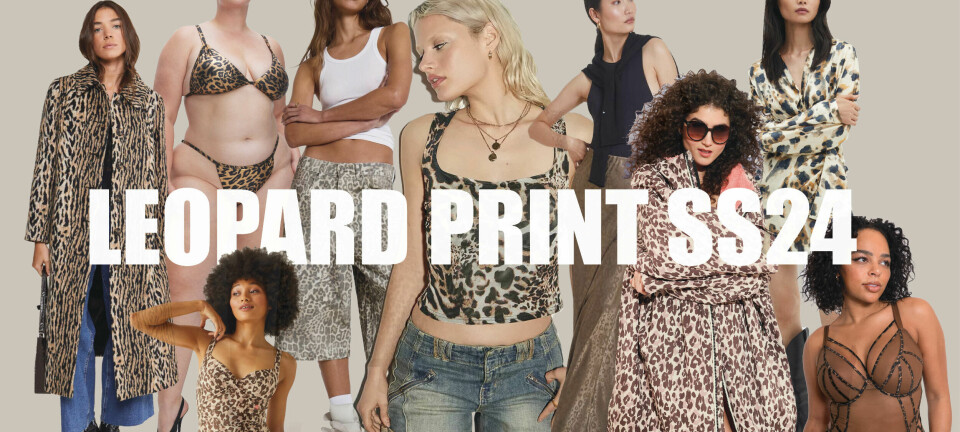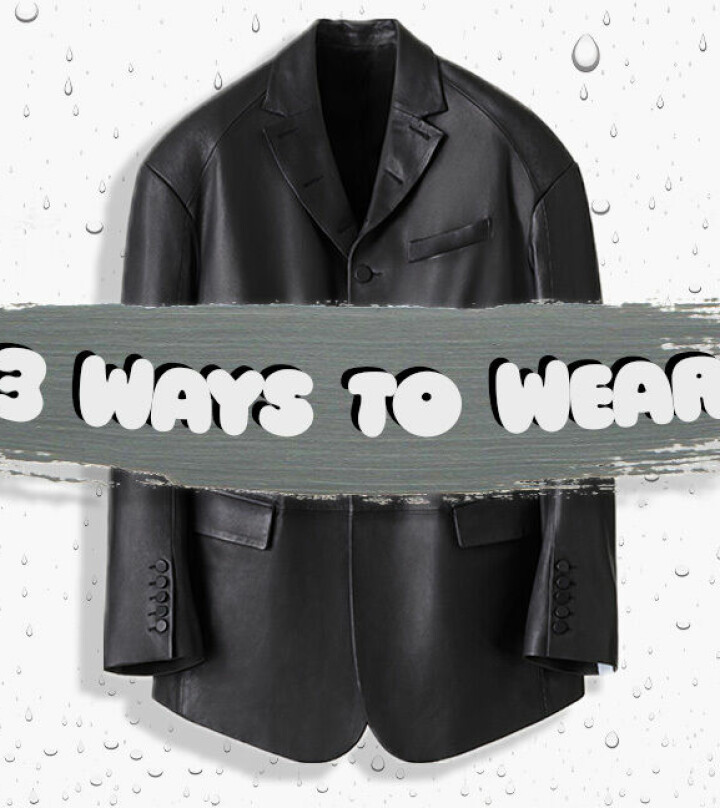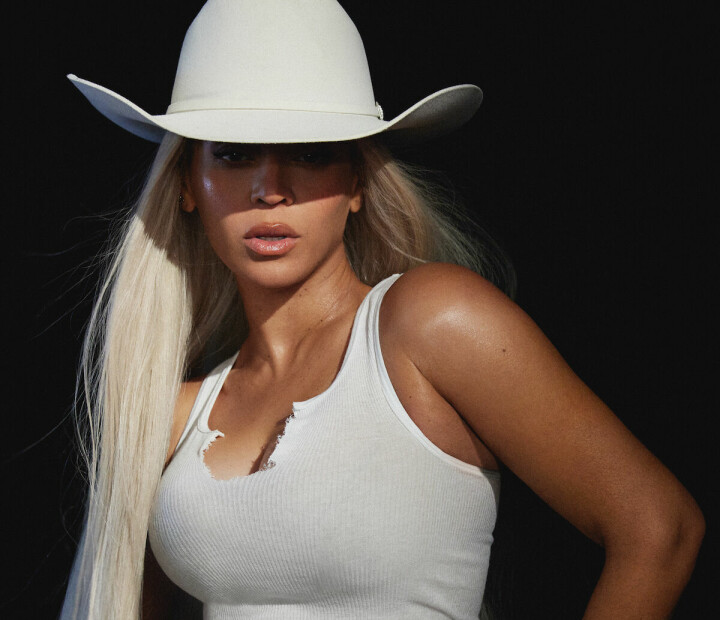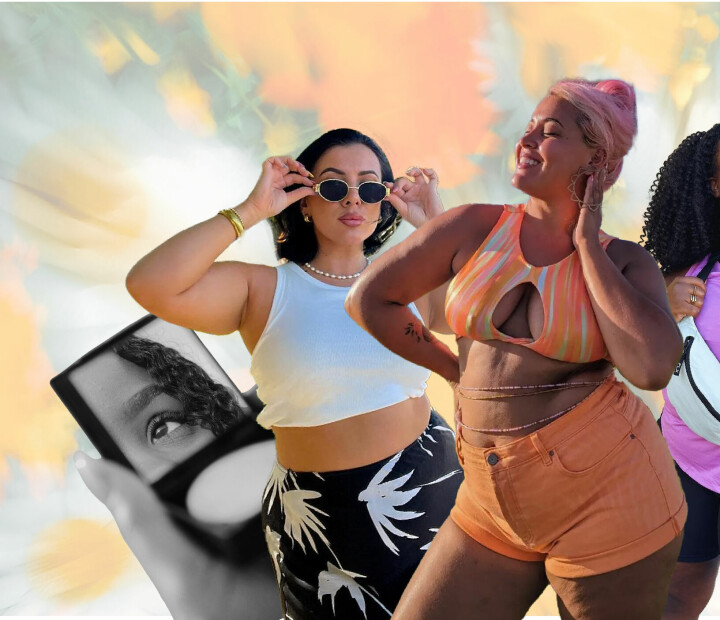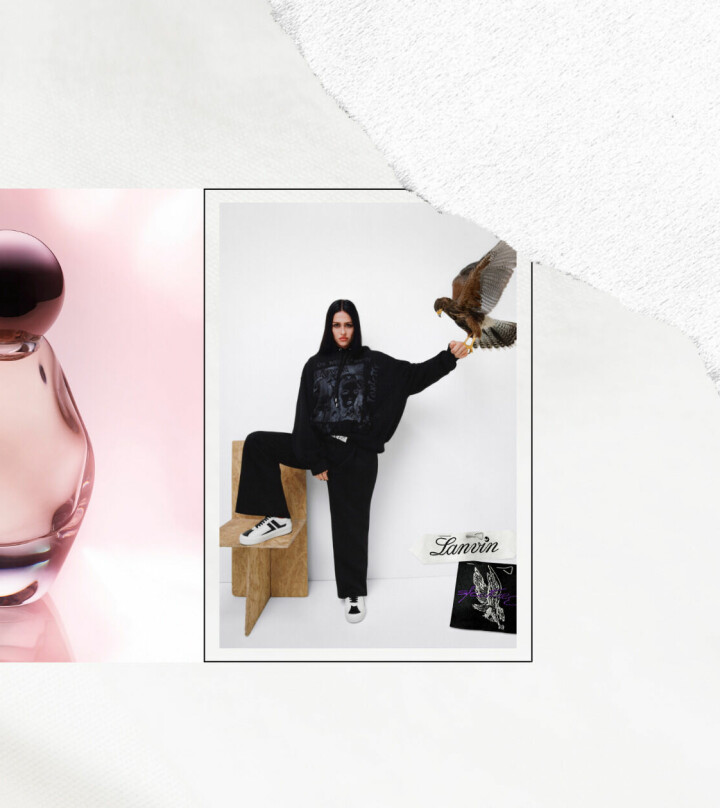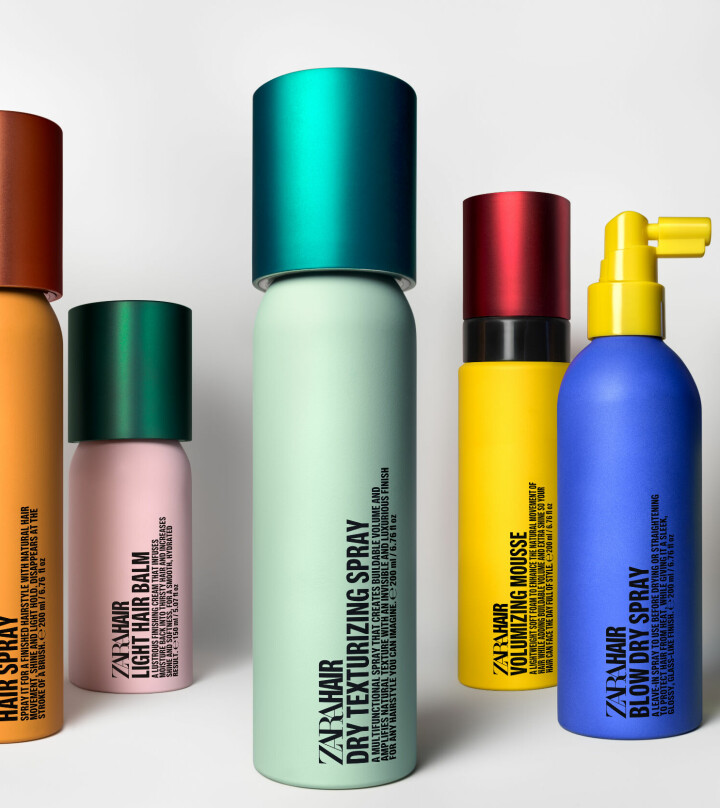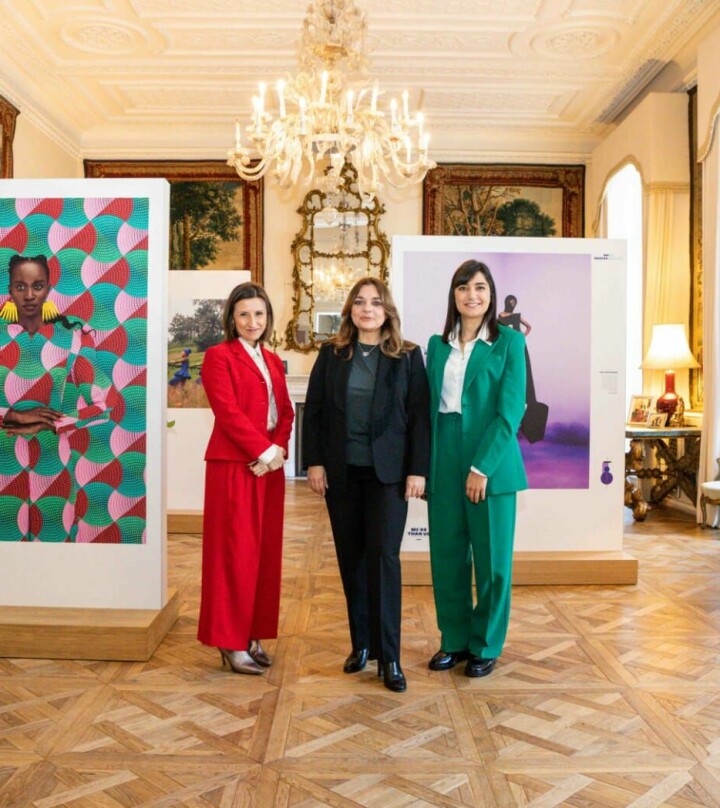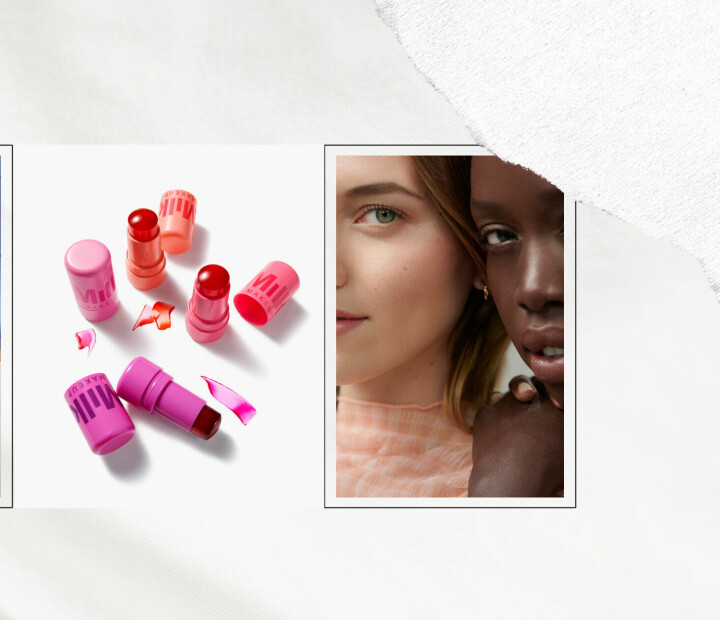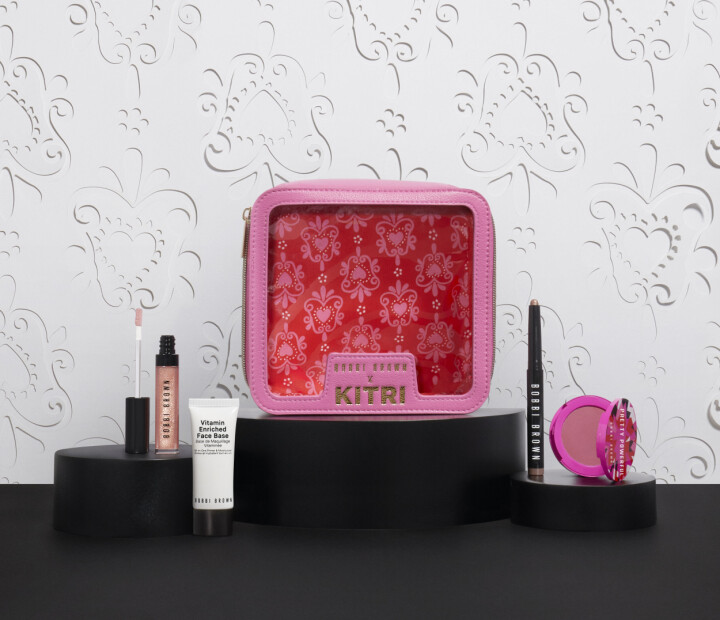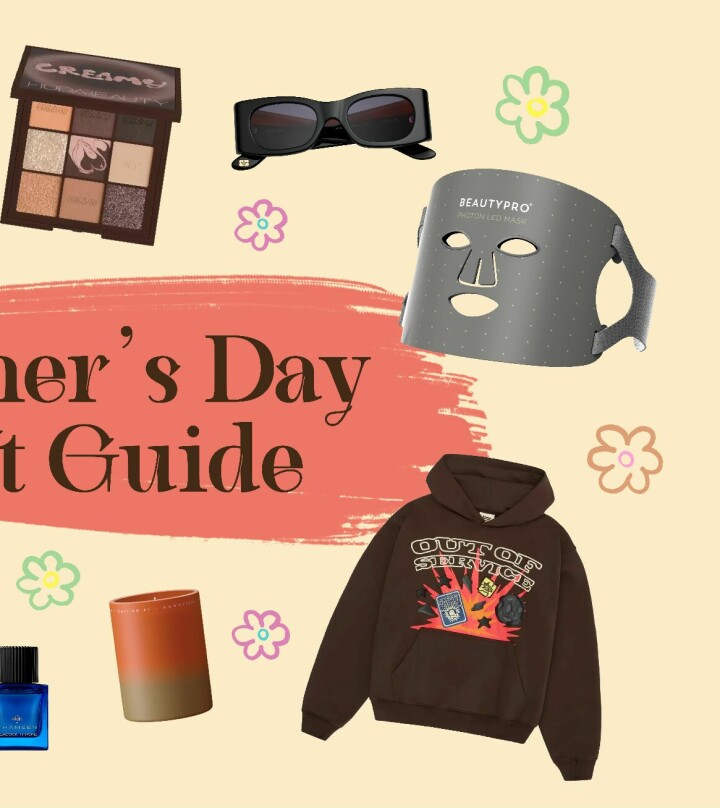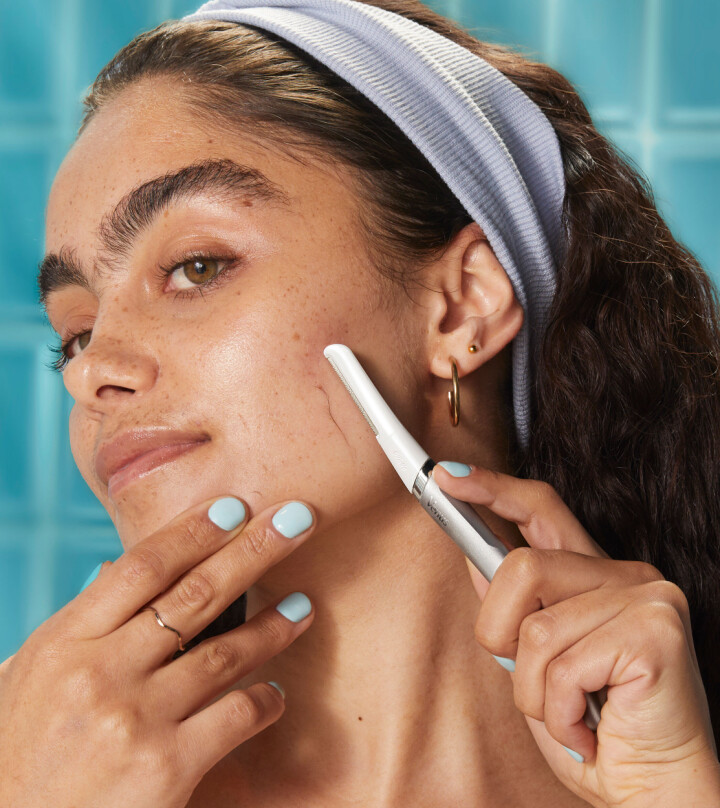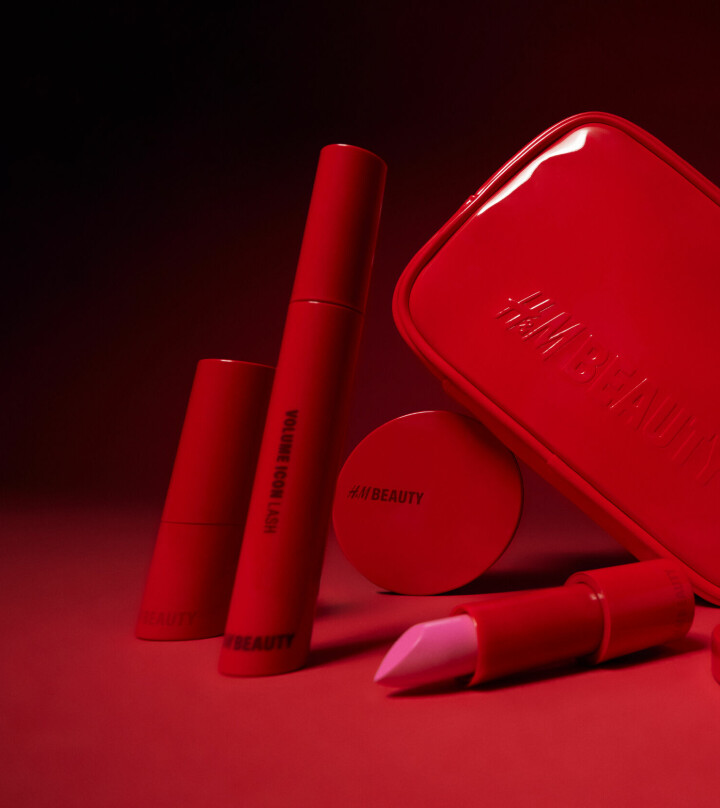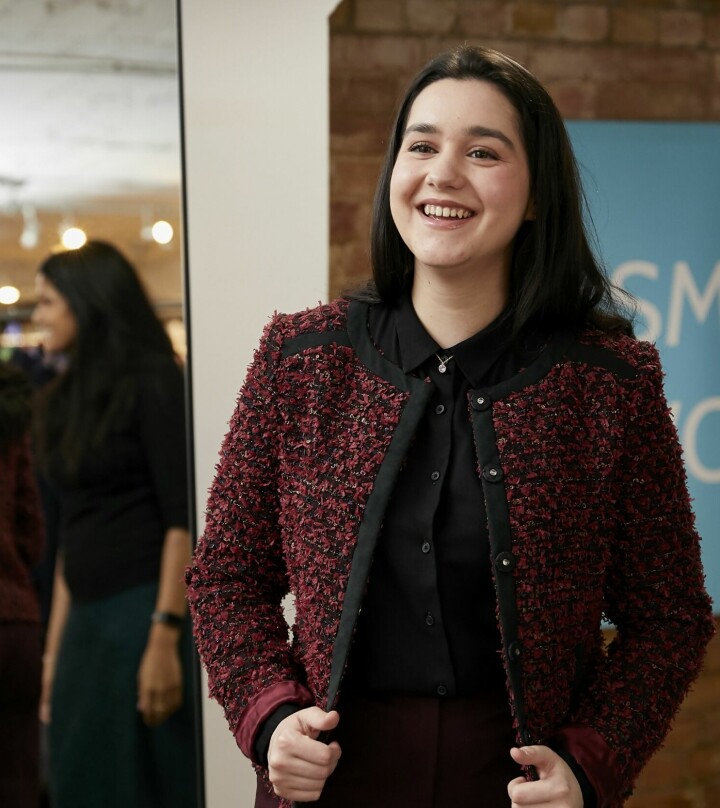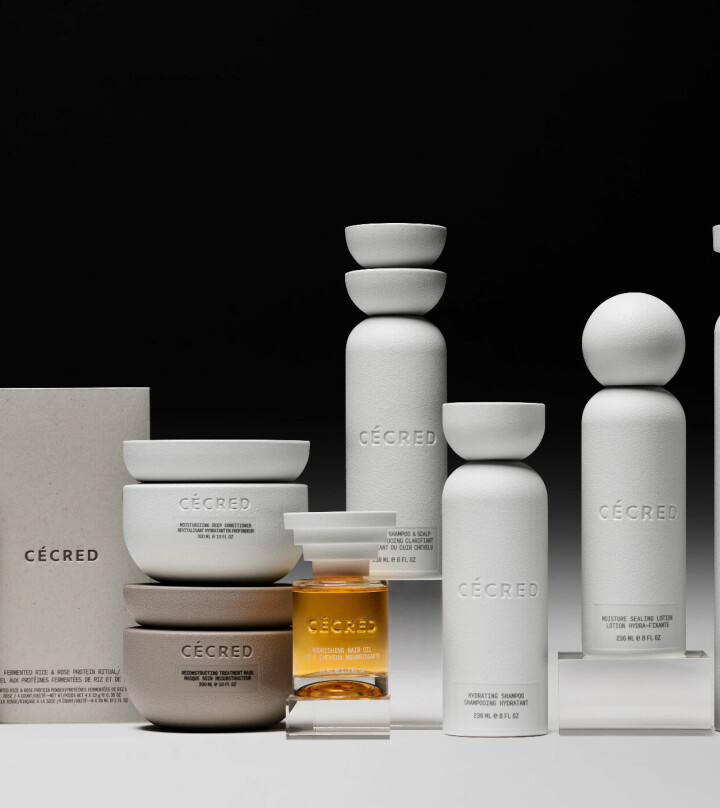Lifestyle
‘Are we bullies if we write mean posts about Love Island contestants?

The ITV phenomenon “Love Island” has drawn in a peak viewership of 3.7million (Glamour Magazine, 2019) yet it is as divisive as Marmite.
A simple facebook question found a lot of romance:
“It’s my absolute guilty pleasure…”
“It also gives us hope when love is found…”
“…it does give me an insight on how young people relate to each other.”
…and a lot of dumping:
“Absolute gutter tv!”
“…a load of adults that acted like school children.”
“…vapid people compete to be famous for doing nothing.”
(hashtag sourdough)
Some would say “It is what it is” and if you don’t like it, just switch off. But has this gone beyond simple entertainment?
Inclusion and a shared reality
Those who love the show talk rather less about the contestants themselves, but more about the connection that collective viewing brings them at work:
“…and have a good old chit chat and debate about the superficiality of todays society; their behaviours and reactions towards one another.”
“… laughs and chat in the office…”
“…fair amount of analysis and debate…”
Some even felt “left out” at breaks when their colleagues were all discussing it, and praised the show for “… breaking down age barriers.”
Inclusion is identified by psychologist William Schutz who created the Firo-B psychometric measurement in 1958. For Schutz, connecting with others was as essential as food and water, but he was very clear that people required differing levels as optimal for them.
But I have to ask, if “being included” means I have to “take others down” – isn’t this a bit “Mean Girls”?
What we might call “social commentary” – the discussion and analysis of relationship behaviours – is sometimes, in reality cruel memes, hash tags about contestants, and a large amount of vitriol expressed on what is an edited narrative. On a Reality TV show, not only is being filmed an unusual situation but the camera rolls while asleep too. This gives no respite. There are no secrets. Worse still, contestants are not the editors of their own story. 24 hours of footage is condensed, perhaps taken out of context to create a “plotline” over which the contestant has no control. There is no chance to explain, nor even have the “whole picture” presented.
It is this which is responded to by the audience.
If an allegation of “Bullying” is raised in the workplace it is taken seriously. The investigator’s own opinion on whether what was said or done should be perceived as bullying, but rather, if the complainant feels bullied, the disclosure is investigated as such.
Bullying.co.uk (2019) defines bullying as:
“…repeated behaviour which is intended to hurt someone either emotionally or physically…[it can]… take many forms:
- Physical assault
- Teasing
- Making threats
- Name calling
- Cyber bullying”
While one could argue that “mean posts” are not necessarily “repeated behaviour”, perhaps a better rule of thumb is to ask two questions:
- Would I be affected emotionally if someone said that about me?
- Would someone I knew, and who I knew would see it, be affected by it emotionally when they read it?
…a third, if really necessary, If it was said about my son or daughter, would I find it unacceptable?
If the answer is yes to any of those questions it would not be appropriate for us to write about anyone.
Contestants on a RealityTV show are still people who will, at some point, see what has been said and potentially be affected to it. Can they ever be truly prepared for the overwhelming interest (and extreme emotion – both positive and negative) expressed about them? We know how many actors or footballers struggle to cope – and they have often had both training and gradual exposure.
Mental health
Whether related to audience behaviour or not, we cannot ignore that two previous contestants committed suicide. While this cannot of course be directly linked to the show (nor audience response), and certainly as a psychologist I am very wary of assigning responsibility for a personal act outside the person, it does perhaps raise questions over the support and aftercare:
– While the show makes its claims about “love”, its set-up focuses rather more on the primal instincts of attraction, sexuality and to some extent strength rather than exploring other qualities we find important – humour, intelligence, talent (Yes, I know there are people who surf and who are scientists, but they are all walking around in swimsuits – they are reduced to the lowest common denominator…I guess, it would be called “The Apprentice” otherwise.)
– Not only that but it is a competition where the winners are a couple, and relationships are hard enough to negotiate without the extra scrutiny of others in addition to a gamesmanship situation where the rules can change at any moment. I notice that the phrase coming from the Love Island corner now is they are ‘holding a mirror up to relationships’. I’m not wholly convinced this would be acceptable as a social experiment much less entertainment.
One thing I would concede is that at least it is opening the dialogue over healthy and unhealthy emotional behaviours…but at what price? As humans we connect with what we see, and our brains have trouble separating fantasy from reality – we can get as invested in soap characters as our own relationships because empathy often means we simply experience the emotional reaction to their story. This can affect us more if we can relate. (As I write, one evicted contestant is in a safe house following audience perception of coercive behaviour).
Not only that, but a campaign by “Level Up” following a previous series revealed that 40% of women ages 18-34 reported they felt more conscious about their bodies after watching Love Island; one in ten considered lip fillers, 8% a boob job, 7% botox. Is it right for a show to potentially give us an unhealthy inner dialogue about ourselves?
Perhaps there is something of the “shadenfreude” in seeing beautiful people in anguish. Perhaps we look at our own dating disasters and begin to feel a little better about ourselves. But should we really encourage a world where it’s ok to take pleasure in the pain of others?
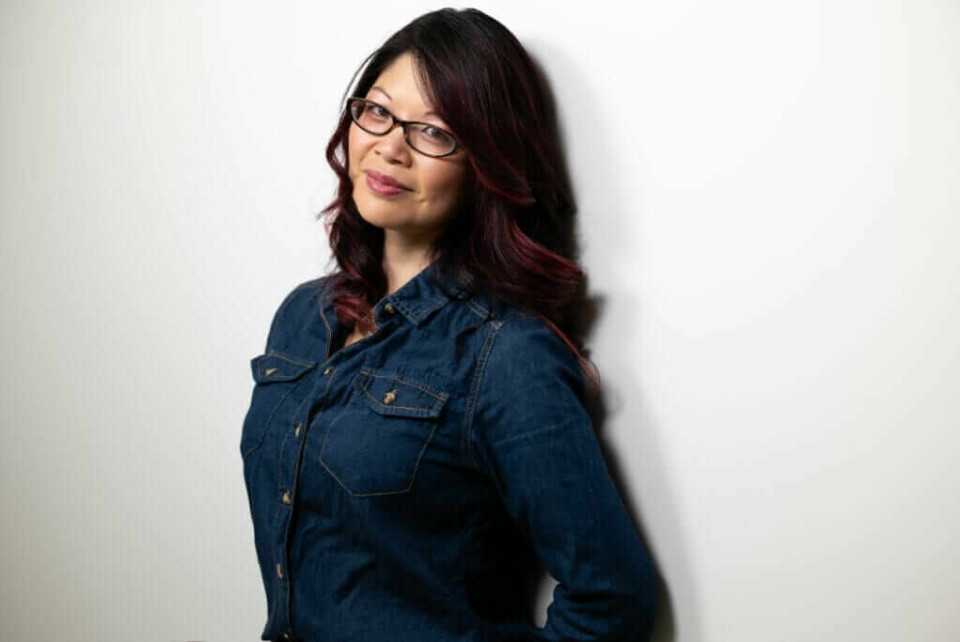
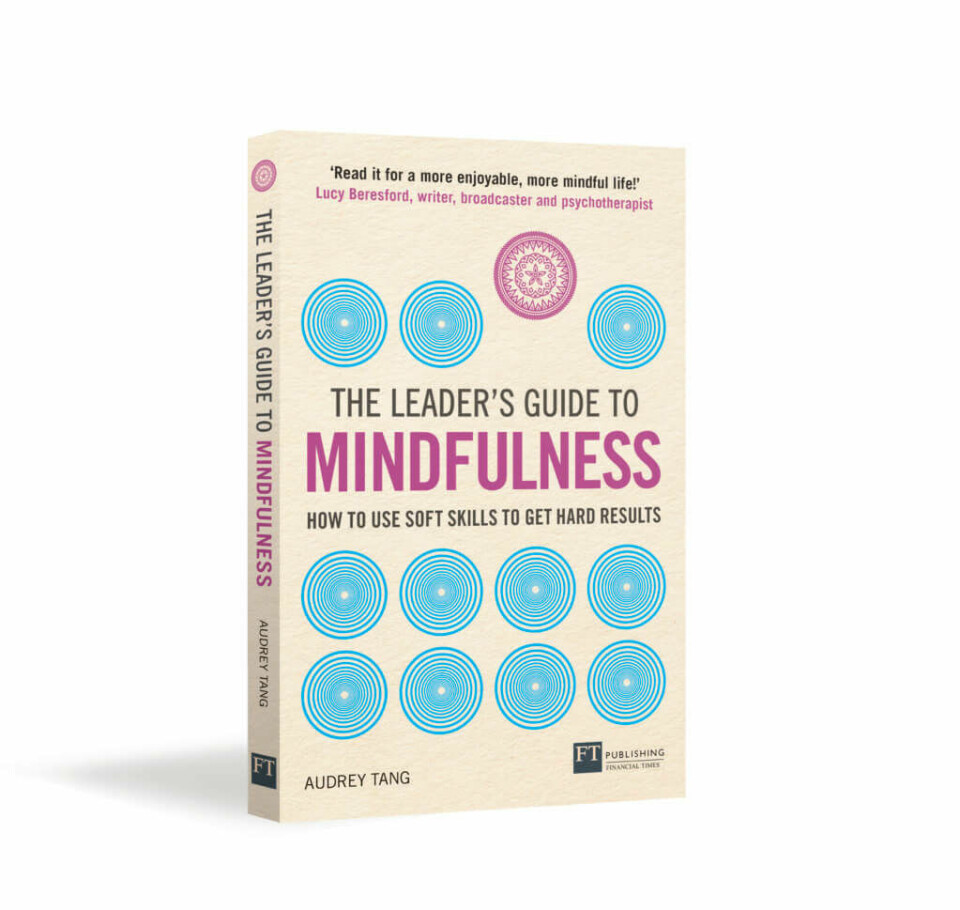
Dr Audrey Tang is a chartered psychologist, mindfulness expert, TV psychologist and the author of The Leader’s Guide to Mindfulness, published by FT Publishing, priced £14.99.




